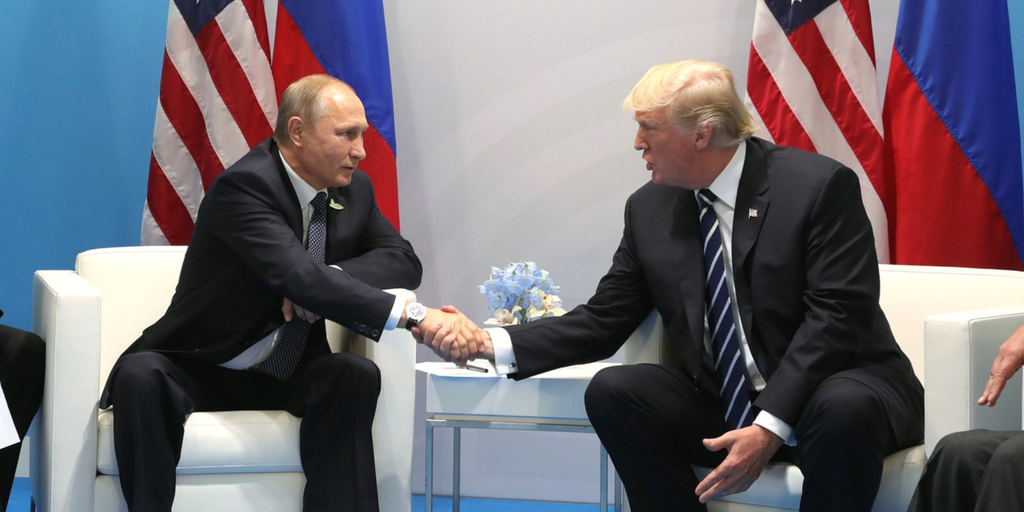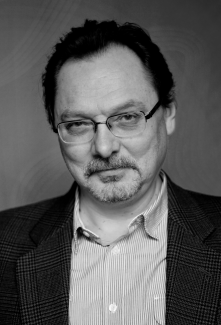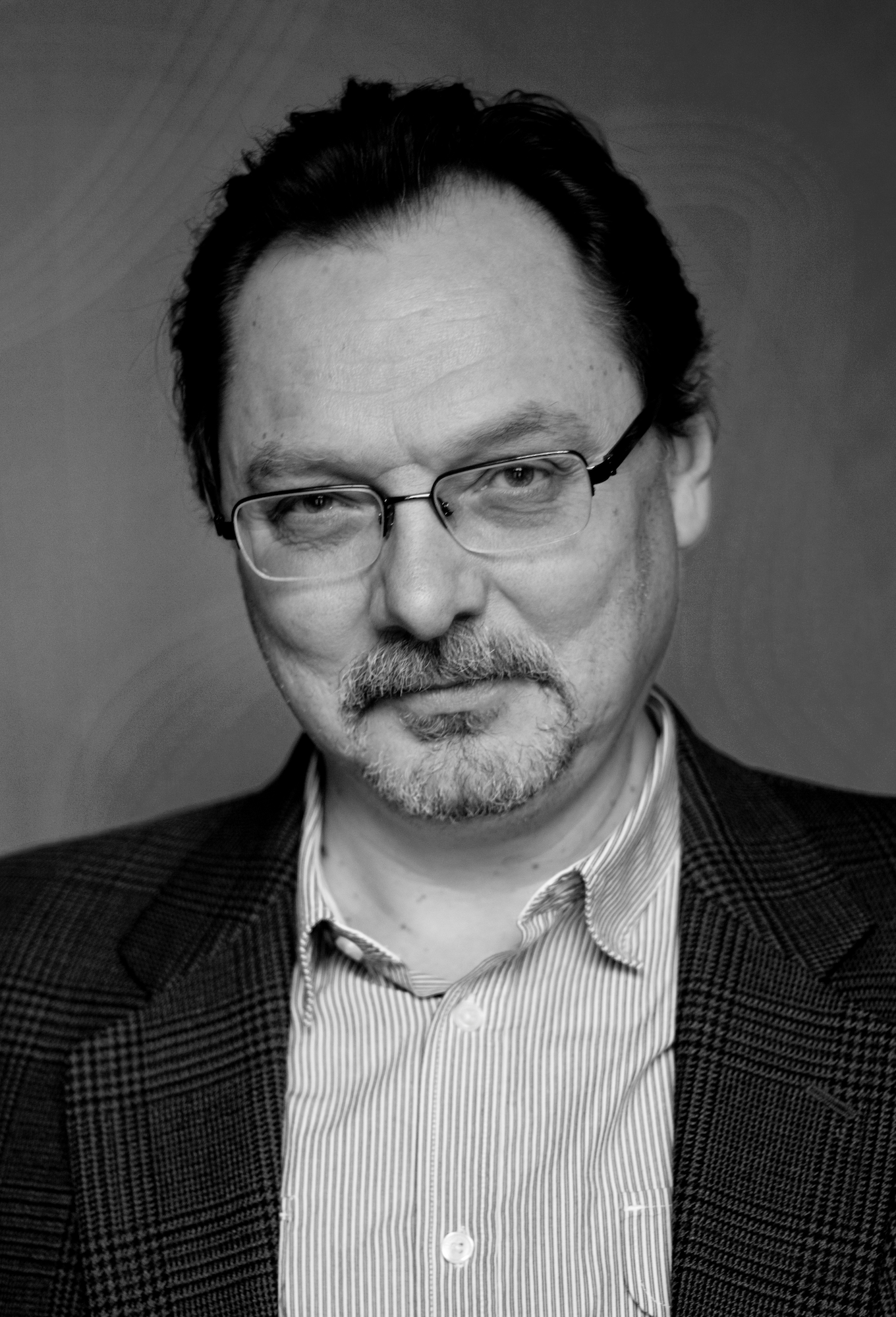In Helsinki, Putin Can Grant Trump Great Success, of Sorts
The July 16, 2018, face-to-face between President Trump and Russian President Vladimir Putin is both entirely natural and extremely unconventional, very encouraging and deeply disturbing.

At the two previous meetings, in Hamburg and Danang, the two leaders had a lot to talk about—and they agreed on approximately nothing. There have been all sorts of variably informed speculations about the agenda, proceedings, and outcome of the upcoming rendezvous, but most appear to miss the point that Putin is interested in making it a success for his counterpart, and can do so at very little cost. Whether the NATO summit in Brussels prior to the Helsinki meeting is as quarrelsome as the G-7 gathering in Quebec or as smooth as the previous summit of the Alliance, Putin can stick to his script of insincere bonhomie. He knows full well that Trump needs this long-anticipated tête-à-tête to be a personal triumph of his will over the warnings—sometimes written in capital letters—of his advisers, the so-called “adults.” For a skillful intriguer like Putin, it is not that difficult to turn this desire for success to his advantage.
Read the full article on Brookings: In Helsinki, Putin Can Grant Trump Great Success, of Sorts

Available in:
Regions and themes
Share
Related centers and programs
Discover our other research centers and programsFind out more
Discover all our analysesDeathonomics: The Social, Political, and Economic Costs of War in Russia
The report attempts to outline and examine a truly new phenomenon in Russian society, dubbed “deathonomics”—the making of a mercenary army against the backdrop of the Kremlin’s war in Ukraine, eventually replacing both the Soviet (conscript) and early new Russian (contract) armies. It notes that, by the end of 2023, this trend had turned the military service into one of the highest-paying professions in the country, something not seen in Russia on such a scale since the late 17th century.
Russia's Asia Strategy: Bolstering the Eagle's Eastern Wing
Among Russia’s strategic priorities, Asia traditionally played a secondary role compared to the West. In the mid-1990s, then Foreign Minister Yevgeny Primakov initiated a rapprochement with China and India. Then, in 2014, deteriorating relations between Russia and the West prompted Moscow to begin its “great pivot to the East”.
Kazakhstan After the Double Shock of 2022: Political, Economic and Military Consequences
The year 2022 represented a dual shock for Kazakhstan. In January, the country faced its most severe political crisis since independence, followed in February by Russia’s full-scale invasion of Ukraine, which cast uncertainty over the borders of post-Soviet states. These consecutive crises profoundly shaped Kazakhstan’s domestic and foreign policy.

How the Russian Army Changed its Concept of War, 1993-2022
The traditional and high-intensity war that has occurred in Ukraine since Russia decided to invade raises a key issue: did post-soviet Russian strategic thought really prepare Russia for waging this war?











